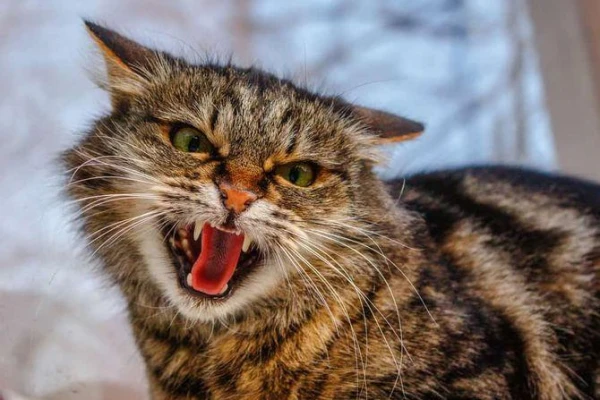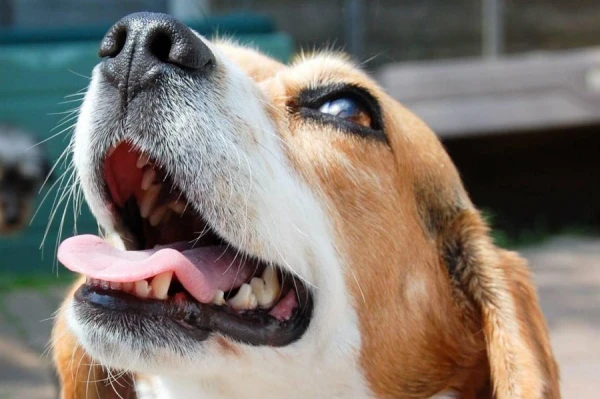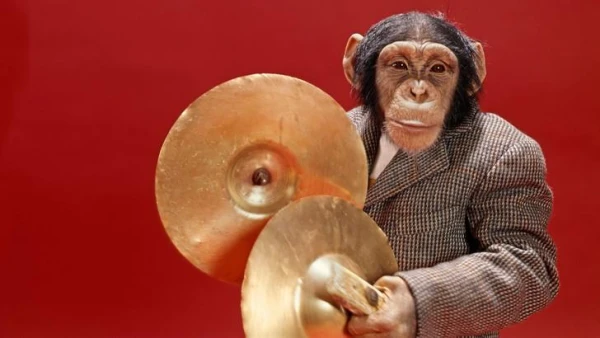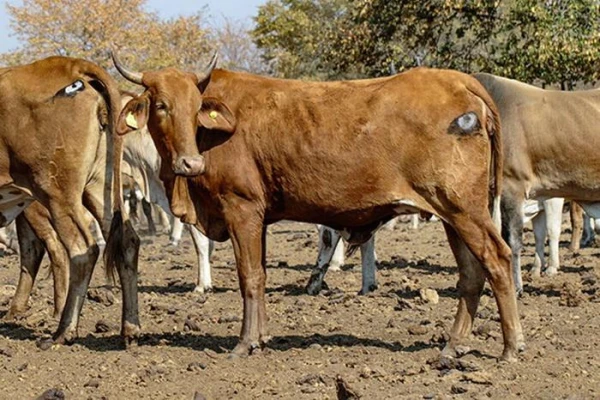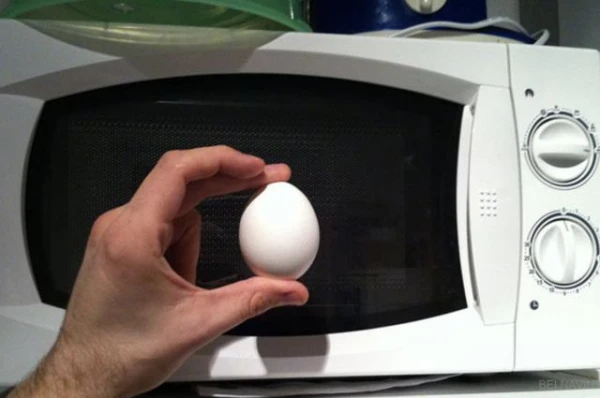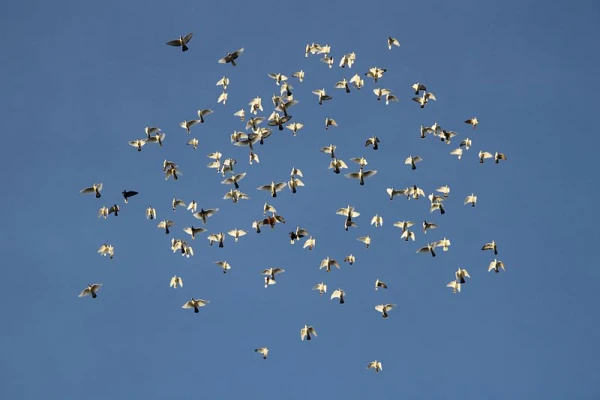
If the leader of a pigeon flock chooses the wrong direction, the flock stops listening to him.
Animal groups where leaders have significant influence can face problems due to the erroneous decisions of their leaders. In such cases, the group should consider replacing the leader with a more competent one. But do such "re-elections" actually occur? Research by biologists from the University of Oxford, who have been observing the behavior of homing pigeons for many years, has shown that, at least in their case, a leader can be replaced.
At first glance, a flock of homing pigeons may seem chaotic; however, it actually has a dual hierarchy. On the ground, when the birds are feeding, larger and more aggressive individuals dominate, while in the air during flight, the initiative is taken by others. Zoologists have concluded that the leaders of pigeons in flight are those who fly faster than the rest. These results were published last year in the journal Current Biology.
It was previously thought that the leader's instructions on the direction of flight were passed down the hierarchy, reaching every member of the flock. However, new research has shown that the situation is somewhat different. The experiment involved artificially disrupting the birds' natural circadian rhythm, resulting in them being released into the wild, where they were disoriented and unable to find their way home. (Essentially, the pigeons were induced with jet lag — the syndrome of crossing time zones that we experience, for example, when flying across several time zones.) The experiment was conducted with eight groups of pigeons, each consisting of five birds. They were tracked using GPS sensors. In some cases, jet lag was induced only in the leader, while in others, it was induced in all members of the flock. With overall disorientation, the entire group deviated from the correct direction, but when only the leader's sense of time was disrupted, the flock mostly maintained the correct course.
In other words, the leader's incorrect instructions were ignored by the flock, which chose the correct direction itself. The disoriented leader generally led the flock for less time, followed by fewer and fewer pigeons, lost influence, and ultimately lost their position in the group — the leader was ousted. The full results of the experiments are described in a paper in the journal Biology Letters.
“Previous studies have identified a clear hierarchy in flock management. Each pigeon occupies a specific place depending on its contribution to decision-making in choosing the direction of flight. In our study, we attempted to determine the extent to which signals from the main pigeon are perceived by all members of the flock. Do the leader's decisions simply get passed down the hierarchy, or can lower-ranking birds control the direction of flight? By altering the sense of time in the main pigeon, we aimed to induce navigation errors in it and observed whether the disoriented leader maintained its leading position, or whether the flock could ignore its incorrect instructions,” comments Isobel Watts, who led the research. “The exact mechanism that allows the flock to assess the correctness of signals from the leader is still unclear. However, it can be assumed that a confused leader, doubting their abilities, begins to pay more attention to the actions of other flock members, or the birds, sensing their leader's weakness, begin to take more control of the flight in the desired direction.”
“Although flocks of homing pigeons adhere to a fairly stable hierarchy in decision-making, we were able to show that this hierarchy becomes flexible in critical situations. Such flexibility allows the flock to follow the correct course rather than meekly obey incorrect instructions from the leader, which is especially important for migrating birds, as the correct direction of migration is a matter of life and death,” adds co-author Dora Biro.


